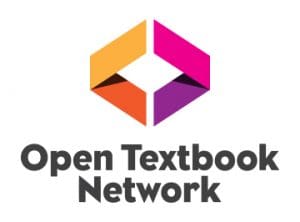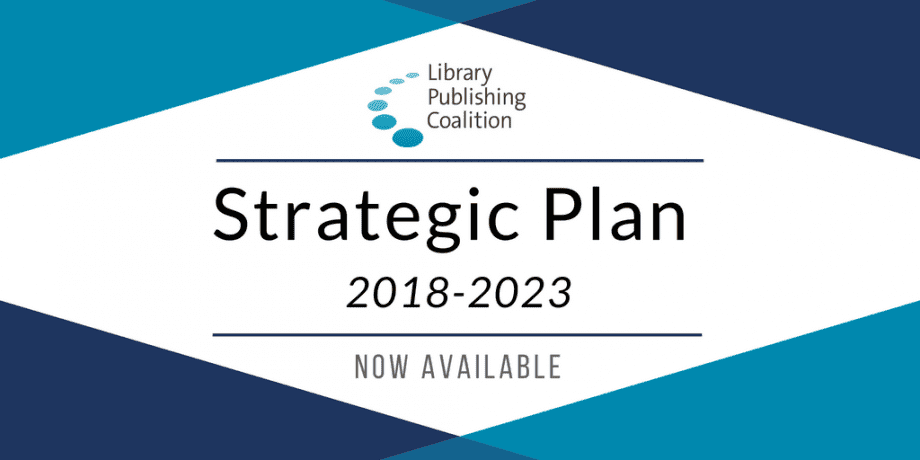September 11, 2018
Q&A about Ubiquity Press’ new Customer Charter
By Melanie Schlosser
The library publishing community was reminded last summer of an ever-present danger: that the commercial tools we rely on will be acquired by companies that don’t share the core values of librarianship. While building our own tools is always an option, there is also room for the commercial organizations we partner with to develop governance structures to protect their customers in the case of an acquisition. LPC sponsor Ubiquity Press recently released a Customer Charter and Partner Advisory Board that are meant to do just this. I asked Ubiquity Community Manager Chealsye Bowley to answer a few questions about them, and her responses are below. I’ve also included a bonus question and answer from Ubiquity Partner Advisory Board member Peter Potter, Virginia Tech’s voting representative to the LPC and Program Committee member. Thanks, Chealsye and Peter!
Q&A with Chealsye Bowley (Ubiquity Press)
What are the values embedded in the charter?
The customer charter reflects the values of the Open community – immediately available CC-BY open access, use and development of open source tools, and transparency. We wanted to codify our business practices through this charter. Ubiquity is committed to remaining open access, open source, and never exclusively bundling our products.
How was it created?
The customer charter was drafted by our CEO Brian Hole and the company’s Board to reflect discussions we had with our Ubiquity presses, librarians, and the larger Open community in 2018. We wanted to establish this governance to formalize our commitment to the values of the Open community, better protect customer interests, and to respond to general calls from the community for greater transparency by service providers.
How will the new Partner Advisory Board work? What kind of influence or authority will it have around the organization’s adherence to the charter?
The Partner Advisory Board will provide advice on strategic decisions, and guide our adherence to the customer charter. There is a minimum of 3 members and a maximum of 9 members. The initial Partner Advisory Board members were selected to best represent Ubiquity’s existing partners, and includes Gali Halevi, Icahn School of Medicine at Mount Sinai; Andrew Lockett, University of Westminster; Nirmala Menon, IIT Indore; Peter Potter, Virginia Tech (Chair); and Wilhelm Widmark, Stockholm University Library. Ubiquity is represented by CEO Brian Hole and COO Tom Mowlan.
The Partner Advisory Board will have at least two meetings per year with additional meetings being held as necessary. Meeting minutes will be made publicly available. The full terms of the Partner Advisory Board are detailed in this document available through the Ubiquity website.
One of the goals of the charter is to assure customers that the values that currently guide Ubiquity will continue to be prioritized in the event of an acquisition. How will the charter accomplish this?
If a sale that would change the majority shareholder is being considered, the Partner Advisory Board would be informed and the proposed majority shareholder would need to commit to continue conducting business in accordance to the Customer Charter for at least 5 years. If the Partner Advisory Board advises not to move forward with the sale on the grounds that no sufficient commitment has been made, Ubiquity will not proceed.
What else would you want library publishers to know about these new developments?
The customer charter and new Partner Advisory Board are just our first steps. We want to keep engaging with the community and building on this governance. One example of this is an extended commitment to not only use open source software per the charter, but to actively contribute code and support the communities that produce it. This is exemplified in new collaborative relationships with the PKP and Samvera communities in North America, and our ongoing production of open source tools with the OPERAS consortium in Europe. If any library publishers have questions, feedback, or suggestions, we’d love to hear it!
Other questions? Email Chealsye at chealsye.bowley@ubiquitypress.com.
Q&A with Peter Potter (Virginia Tech)
What do you see as the value of the Advisory Board for the members of the Ubiquity Partner Network?
At a time when the library publishing community is grappling with a host of new open-source publishing tools and platforms, it is wonderful to see Ubiquity committing to open-source in such a public and transparent way. I was delighted when Ubiquity released its new charter and I welcomed the opportunity to serve on the Advisory Board because I see in it a unique opportunity to contribute to shaping the future of the Ubiquity Partner Network.



